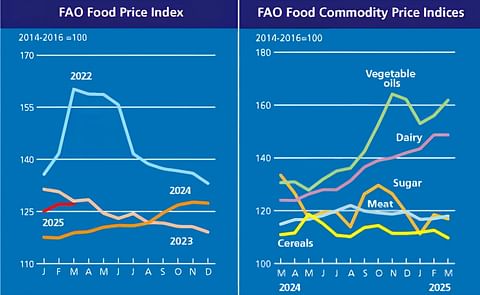The U.S. local food movement -- which used to be elite, expensive and mostly coastal -- has gone mainstream, with a boost from environmentalists who reckon that eating what grows nearby cuts down on global warming.
But do food miles -- the distance edibles travel from farm to plate -- give an accurate gauge of environmental impact, especially where greenhouse gas emissions are concerned?
Take the case of the well-traveled Idaho potato and its closer-to-home cousin from Maine. For a consumer on the U.S. East Coast, the Maine potato seems the winner in the local food derby.
But Maine potatoes get to market by long-haul truck while Idahos go by train, a more energy-efficient mode of transportation, so they have a smaller carbon footprint even with a larger number of food-miles.








